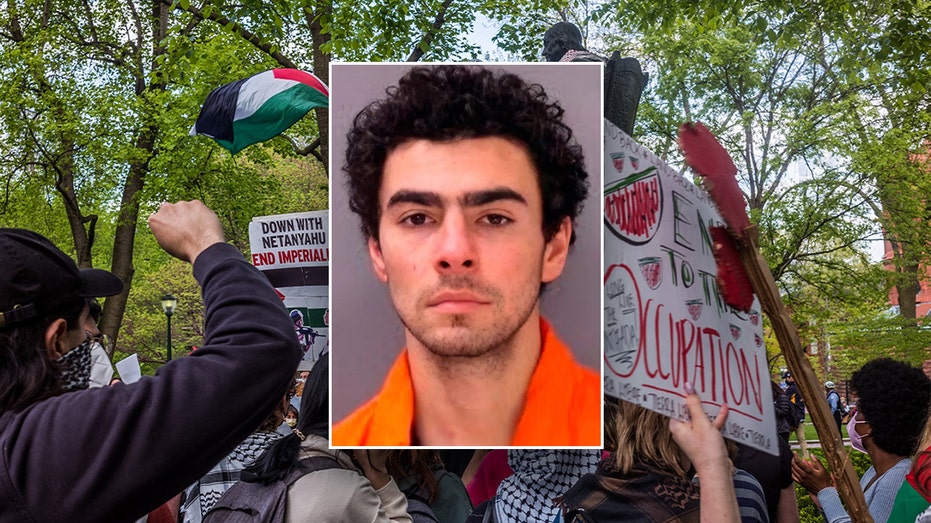“We’ll Take the Hit”: Team Trump Doesn’t Care About Pet-Eating Lies
The Trump campaign would rather sow more chaos in Springfield, Ohio, over the Haitian immigrant conspiracy than make it right.The MAGA leadership is reportedly “not displeased” that its virulently racist, pet-eating conspiracy has drawn widespread condemnation, according to The Bulwark. Instead, the campaign would seemingly rather keep the topic in the news, believing Trump could win big on immigration in November as opposed to thornier issues that Republicans have routinely lost over in recent elections, such as abortion.“We talk about abortion, we lose. We talk about immigration, we win,” one Trump adviser told The Bulwark.Multiple city officials and Ohio Governor Mike DeWine have categorically denied the conspiracy, and local authorities have said there were no reports or evidence of pets being stolen or eaten. On Sunday, Republican vice presidential pick J.D. Vance effectively admitted himself that the anti-immigration conspiracy was bogus.“If I have to create stories so that the American media actually pays attention to the suffering of the American people, then that’s what I’m going to do,” he told CNN.But having no evidence and, frankly, not believing the lie themselves doesn’t seem to matter to the Trump-Vance ticket.“We’ll take the hit to prove the bigger point,” the adviser told The Bulwark.Springfield, the epicenter of the conspiracy, is practically on its own with regards to the fallout of becoming a national punchline. Since Vance and Trump began elevating the myth last week, Springfield has received at least 33 bomb threats, forcing it to evacuate and temporarily shutter several of its schools, colleges, festivals, and a significant portion of its government facilities, including City Hall, the Bureau of Motor Vehicles, the Ohio License Bureau, the Springfield Academy of Excellence, and Fulton Elementary School.Trump, meanwhile, will likely not be paying a visit to the location of his pet conspiracy, according to a source familiar with his travel that spoke with Columbia Journalism Review.

The Trump campaign would rather sow more chaos in Springfield, Ohio, over the Haitian immigrant conspiracy than make it right.
The MAGA leadership is reportedly “not displeased” that its virulently racist, pet-eating conspiracy has drawn widespread condemnation, according to The Bulwark. Instead, the campaign would seemingly rather keep the topic in the news, believing Trump could win big on immigration in November as opposed to thornier issues that Republicans have routinely lost over in recent elections, such as abortion.
“We talk about abortion, we lose. We talk about immigration, we win,” one Trump adviser told The Bulwark.
Multiple city officials and Ohio Governor Mike DeWine have categorically denied the conspiracy, and local authorities have said there were no reports or evidence of pets being stolen or eaten. On Sunday, Republican vice presidential pick J.D. Vance effectively admitted himself that the anti-immigration conspiracy was bogus.
“If I have to create stories so that the American media actually pays attention to the suffering of the American people, then that’s what I’m going to do,” he told CNN.
But having no evidence and, frankly, not believing the lie themselves doesn’t seem to matter to the Trump-Vance ticket.
“We’ll take the hit to prove the bigger point,” the adviser told The Bulwark.
Springfield, the epicenter of the conspiracy, is practically on its own with regards to the fallout of becoming a national punchline. Since Vance and Trump began elevating the myth last week, Springfield has received at least 33 bomb threats, forcing it to evacuate and temporarily shutter several of its schools, colleges, festivals, and a significant portion of its government facilities, including City Hall, the Bureau of Motor Vehicles, the Ohio License Bureau, the Springfield Academy of Excellence, and Fulton Elementary School.
Trump, meanwhile, will likely not be paying a visit to the location of his pet conspiracy, according to a source familiar with his travel that spoke with Columbia Journalism Review.



